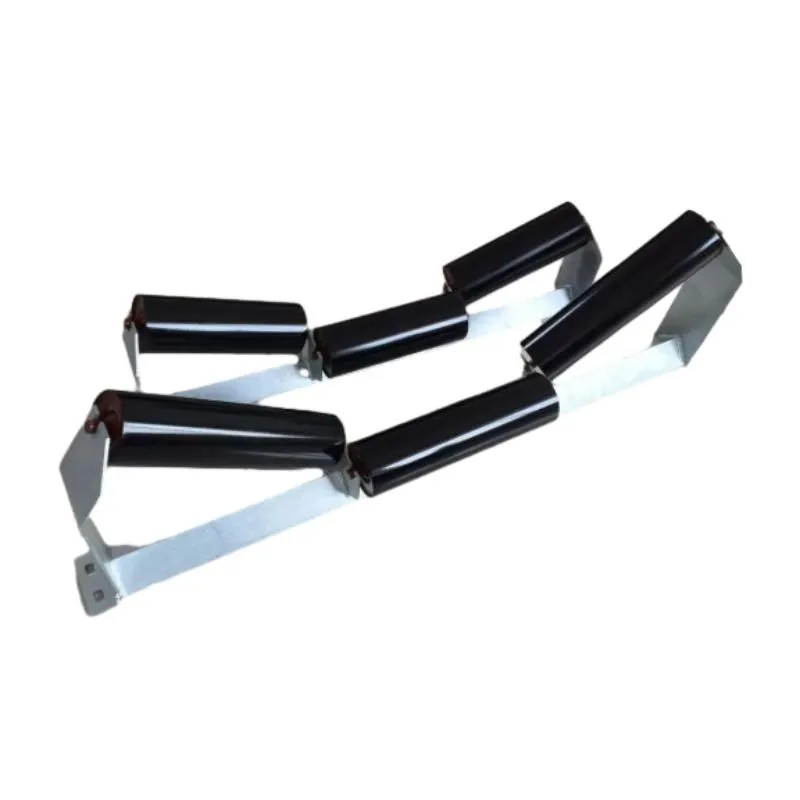 Afrikaans
Afrikaans  Albanian
Albanian  Amharic
Amharic  Arabic
Arabic  Armenian
Armenian  Azerbaijani
Azerbaijani  Basque
Basque  Belarusian
Belarusian  Bengali
Bengali  Bosnian
Bosnian  Bulgarian
Bulgarian  Catalan
Catalan  Cebuano
Cebuano  Corsican
Corsican  Croatian
Croatian  Czech
Czech  Danish
Danish  Dutch
Dutch  English
English  Esperanto
Esperanto  Estonian
Estonian  Finnish
Finnish  French
French  Frisian
Frisian  Galician
Galician  Georgian
Georgian  German
German  Greek
Greek  Gujarati
Gujarati  Haitian Creole
Haitian Creole  hausa
hausa  hawaiian
hawaiian  Hebrew
Hebrew  Hindi
Hindi  Miao
Miao  Hungarian
Hungarian  Icelandic
Icelandic  igbo
igbo  Indonesian
Indonesian  irish
irish  Italian
Italian  Japanese
Japanese  Javanese
Javanese  Kannada
Kannada  kazakh
kazakh  Khmer
Khmer  Rwandese
Rwandese  Korean
Korean  Kurdish
Kurdish  Kyrgyz
Kyrgyz  Lao
Lao  Latin
Latin  Latvian
Latvian  Lithuanian
Lithuanian  Luxembourgish
Luxembourgish  Macedonian
Macedonian  Malgashi
Malgashi  Malay
Malay  Malayalam
Malayalam  Maltese
Maltese  Maori
Maori  Marathi
Marathi  Mongolian
Mongolian  Myanmar
Myanmar  Nepali
Nepali  Norwegian
Norwegian  Norwegian
Norwegian  Occitan
Occitan  Pashto
Pashto  Persian
Persian  Polish
Polish  Portuguese
Portuguese  Punjabi
Punjabi  Romanian
Romanian  Russian
Russian  Samoan
Samoan  Scottish Gaelic
Scottish Gaelic  Serbian
Serbian  Sesotho
Sesotho  Shona
Shona  Sindhi
Sindhi  Sinhala
Sinhala  Slovak
Slovak  Slovenian
Slovenian  Somali
Somali  Spanish
Spanish  Sundanese
Sundanese  Swahili
Swahili  Swedish
Swedish  Tagalog
Tagalog  Tajik
Tajik  Tamil
Tamil  Tatar
Tatar  Telugu
Telugu  Thai
Thai  Turkish
Turkish  Turkmen
Turkmen  Ukrainian
Ukrainian  Urdu
Urdu  Uighur
Uighur  Uzbek
Uzbek  Vietnamese
Vietnamese  Welsh
Welsh  Bantu
Bantu  Yiddish
Yiddish  Yoruba
Yoruba  Zulu
Zulu carbon steel roller
The Significance of Carbon Steel Rollers in Industrial Applications
Carbon steel, an alloy primarily composed of iron and carbon, has established itself as a material of choice in various industrial applications. Among its diverse uses, carbon steel rollers stand out for their critical roles in manufacturing processes, logistics, and transportation. These rollers have become indispensable due to their strength, durability, and adaptability, making them ideal for different working environments.
Carbon steel rollers are typically used in various operations, from conveyor systems to heavy machinery. Their primary function is to facilitate the movement of goods and materials, reducing friction and wear during transportation. In conveyor systems, these rollers are essential components that support and guide materials as they move from one point to another. Their ability to bear significant loads while maintaining structural integrity makes them a reliable choice for industries such as mining, automotive, and food processing.
One of the main advantages of carbon steel rollers is their high tensile strength. The carbon content in these rollers can be adjusted to achieve different properties, which allows for a wide range of hardness and strength levels. This versatility ensures that carbon steel rollers can be tailored to specific applications, whether it requires high efficiency in a light-duty environment or extreme durability in heavy-duty operations. The result is a significant reduction in downtime and maintenance costs, enabling businesses to optimize productivity.
Another essential feature of carbon steel rollers is their resistance to wear and deformation
. In many industrial environments, machines and tools are subject to extreme conditions, including heavy loads and abrasive materials. Carbon steel rollers, particularly those treated with heat or surface hardening processes, can withstand these harsh conditions without significant wear. This longevity translates to less frequent replacements and lower overall costs, making them a cost-effective solution for businesses aiming to maintain efficient operations.carbon steel roller

Moreover, carbon steel rollers can be customized with various coatings and finishes to enhance their performance further. For example, a common practice involves applying galvanization to protect the steel from corrosion, particularly in environments where moisture exposure is a concern. Other treatments, such as powder coating, may improve the roller's appearance while providing additional protection against scratches and wear. These enhancements ensure that carbon steel rollers remain functional and visually appealing over time.
In addition to their mechanical benefits, carbon steel rollers contribute to sustainability efforts in industrial operations. By choosing durable materials like carbon steel, companies can reduce waste associated with frequent replacements. Extended lifespans and reduced material consumption align with environmental sustainability principles and help businesses meet regulatory standards.
As industries continue to evolve, the demand for efficient, reliable components will grow. The versatility of carbon steel rollers positions them well to meet these future needs. With continued innovations in manufacturing processes and materials science, we can expect even greater advancements in the performance and applications of carbon steel rollers.
In conclusion, carbon steel rollers are vital components in the industrial landscape, offering a blend of strength, durability, and efficiency. Their ability to perform reliably under various conditions makes them suitable for a multitude of applications across different sectors. By investing in high-quality carbon steel rollers, businesses can enhance their operational effectiveness, reduce maintenance costs, and contribute to sustainability initiatives. As the industry progresses, the role of carbon steel rollers will undoubtedly continue to be pivotal in shaping the future of manufacturing and logistics.
-
Revolutionizing Conveyor Reliability with Advanced Rubber Lagging PulleysNewsJul.22,2025
-
Powering Precision and Durability with Expert Manufacturers of Conveyor ComponentsNewsJul.22,2025
-
Optimizing Conveyor Systems with Advanced Conveyor AccessoriesNewsJul.22,2025
-
Maximize Conveyor Efficiency with Quality Conveyor Idler PulleysNewsJul.22,2025
-
Future-Proof Your Conveyor System with High-Performance Polyurethane RollerNewsJul.22,2025
-
Driving Efficiency Forward with Quality Idlers and RollersNewsJul.22,2025





























